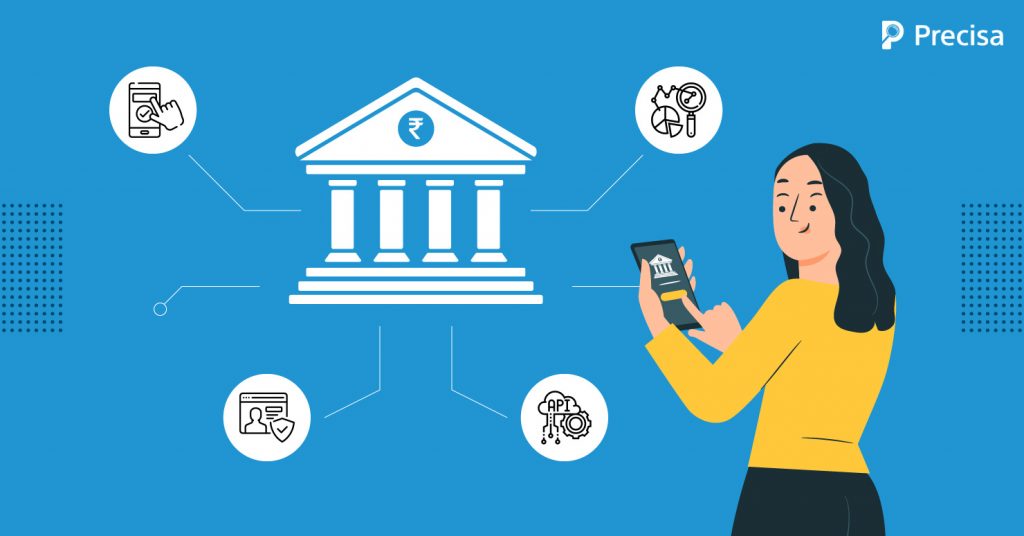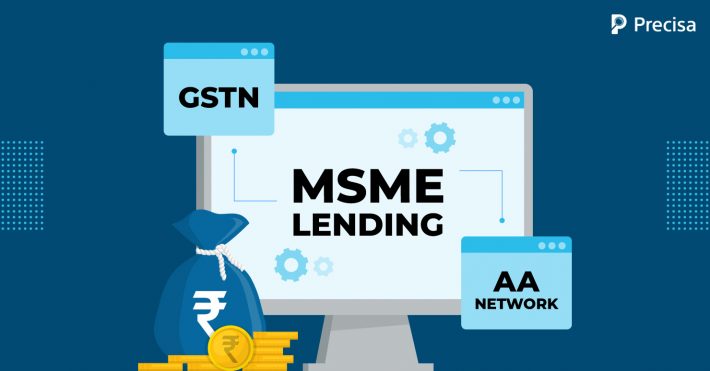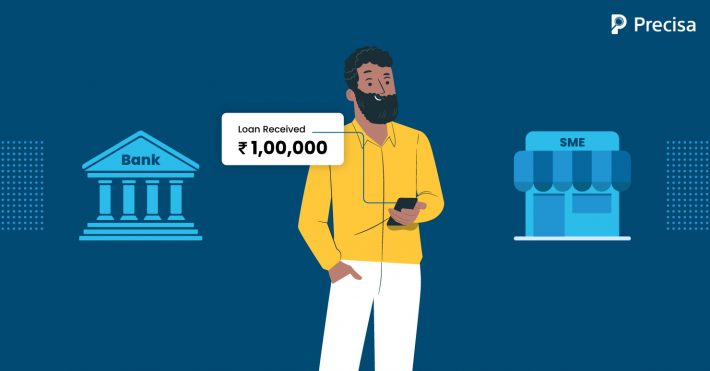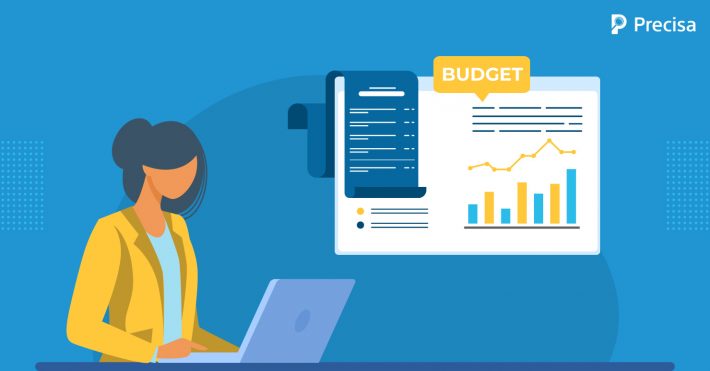How Open Banking Is Transforming Small Businesses Post-COVID

Before COVID, markets such as Europe and the UK were already rolling out open banking protocols. Now, two years into the pandemic, it is poised to change how business is done globally.
Open banking is a system that allows banks to exchange financial data and services with third-party providers (TPPs), such as fintechs, with the cooperation of their customers, utilizing technology such as application programming interfaces (APIs).
The question begs, why do we need such facilities?
Although it is still too early to predict definitive outcomes of the pandemic on consumer spending, a few aspects are apparent, courtesy of Mastercard:
- People unanimously are choosing contactless shopping.
- Thanks to the pandemic, online shopping (eCommerce) is booming; even baby boomers join the bandwagon.
- Technology, health, and stay-at-home products drive a large part of spending on new consumption habits.
All these factors critically determine the outcomes for the SMEs, as they gradually open their services to the Covid-weary world. Moreover, with two years of unprecedented developments, will the business relationships–B2B and B2C–work as usual? Will the old supply-chain partnerships still work post-Covid?
Open banking is giving affirmative answers to these questions. Furthermore, it caters to these Covid-era trends: it helps democratise the financial services market, expedites lending disbursement, improves accountability amongst stakeholders, fosters innovation amongst banks and fintechs, among others.
Let us see how open banking transforms the way small businesses operate in a post-pandemic economy.
Major Benefits of Open Banking for SMEs

Here are five ways in which open banking provides an advantage to the post-COVID businesses:
1. Easier accounting
Automated accounting or cloud accounting is software integrating with a bank account. For example, imagine an accounting software that can automatically populate all your customers’ transactions by gathering data from their bank accounts.
For SMEs, time is money. Automated accounting with open banking can save several hours of manual data entry and ensure that the process is error-free. In addition, the accounting software can essentially do all of a business’s accounting (except a few places that require human input).
2. Easier financing
One of the biggest reasons SMEs are migrating to open banking platforms during the pandemic is that they offer more straightforward access to finance, which wasn’t possible at traditional banks.
Open banking allows SMEs to digitally submit documents and access grants without the need for any physical presence. Moreover, according to existing guidelines and requirements, the data could also be shared between the government and the bank. This made it possible for banks to release funding even during tough times like the pandemic.
Open banking allows non-bank lenders to make decisions in a matter of hours rather than weeks. This has been made possible by relying on new-age algorithms and increased access to banking data.
3. Better customisation
Since open banking means sharing data between various stakeholders, it also means that financial service providers can tailor their services to the needs of each customer. As a result, SMEs can access banking and related financial services ideally suited to their needs.
For example, SMEs can access their banking needs through a single mobile application. This dramatically adds to the convenience and user experience, and quality of the services provided by financial institutions.
These bespoke products can include financing, loans, investment opportunities, ad-hoc customer service, and so on.
SMEs no longer have to build decades’ worth of relationships with their banks to receive personalised services, unlike how it happened traditionally. These services will soon be run-of-the-mill once open banking is ubiquitous and has entered the mainstream consciousness.
4. Cash forecasting
Problematic cash flow is one of the primary reasons small to medium-sized businesses fail. Hence, there is a great need for cash forecasting.
Open banking allows SMEs to access cash forecasting services. However, a significant reason why SMEs fail is due to cash flow problems. By the time a business owner realises a big cash crunch is coming, it is too late to do anything about it.
However, with cash forecasting services made possible by open banking, SMEs can predict such problems much sooner and more reliably.
5. Better customer experience
SMEs benefit if their banking experience is seamless and integrated across multiple channels. For example, their mobile app, phone banking, net banking, Demat account should all work together cohesively. Unfortunately, maintaining consistency across different channels has been a major problem for traditional banks.
However, with open banking, banks (and fintechs) have a new way of integrating their services and platforms and providing a seamless experience to their users. This means that users can access a one-stop destination for their financial needs and concerns.
Wrapping Up
Undoubtedly, open banking is the way forward. It has spread worldwide, and global banks adhere to open banking policies and practices. However, while open banking can transform how banks operate, there is still a long way to go before the complete benefits are realised by consumers and businesses alike.
Please remember that open banking is just one of the ways in which the world of finance is being transformed. You should check out Precisa’s bank statement analysis tool to see how it can significantly improve the lending experience.
If you want to know more about upcoming fintech developments, check out our article on embedded finance.



